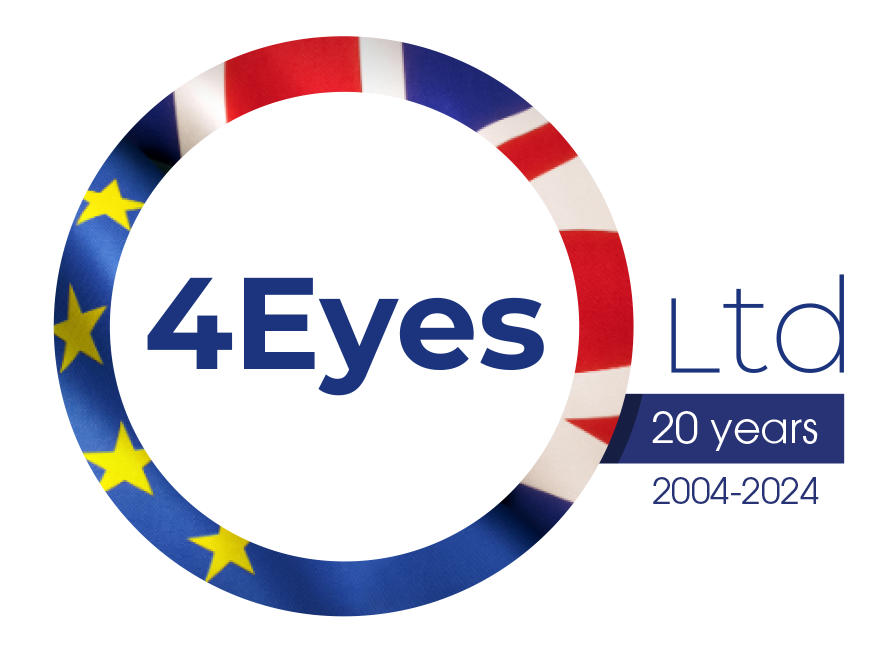VAT grouping - Supreme Court Confirms VAT Payable on Prudential’s £9.3 Million Success Fees
4 Eyes Ltd is often asked to advise on VAT grouping which can be useful to simplify VAT treatment between group members and to prevent otherwise recoverable VAT costs arising from routine intercompany recharges. In a recent case, concerning VAT degrouping, the Supreme Court has handed down a significant ruling on the VAT treatment of success fees, confirming that Prudential must pay VAT of £9.3 million on payments made following a group restructuring.
Case Reference
· Case name: Prudential Assurance Company Ltd v HMRC
· Citation: [2025] UKSC ___ (awaiting official citation)
· Date of judgment: September 2025
Background
The case concerned success fees payable by Prudential to Silverfleet Capital Limited, an entity that had previously been part of Prudential’s VAT group.
When Silverfleet left the VAT group, it invoiced Prudential for success fees of £9.3 million. HMRC determined that VAT was chargeable on these fees because the supply was made after Silverfleet’s departure from the group, and therefore outside the scope of intra-group disregard.
The Dispute
Prudential argued that the success fees related to services performed while Silverfleet was still within the VAT group, and therefore should not attract VAT.
HMRC maintained that the timing of the supply and invoicing was decisive:
· Once Silverfleet left the VAT group, supplies between it and Prudential were subject to VAT.
· The fact that the success fees related to earlier work was irrelevant, as the invoice and charge arose after the departure.
Court Decisions
1. Upper Tribunal: Agreed with HMRC.
2. Court of Appeal: Upheld the decision.
3. Supreme Court: Confirmed that VAT was indeed payable on the £9.3 million success fees.
The Supreme Court emphasised that VAT grouping rules must be applied strictly and that once an entity leaves a VAT group, any subsequent supplies to group members fall within the VAT system—even if the work was carried out while still inside the group.
Implications for Businesses
This ruling has wide significance for corporates, private equity houses, and insurers:
· VAT group restructurings: Careful planning is essential when entities enter or leave a VAT group.
· Success fees and deferred payments: The timing of invoicing and supply can determine VAT liability.
· Compliance risk: HMRC is likely to scrutinise payments made after restructurings, particularly where large success fees are involved.
Key Takeaways
1. Success fees invoiced after an entity leaves a VAT group are subject to VAT.
2. Businesses should ensure timing and documentation are aligned when restructuring VAT groups.
3. Proactive VAT advice can mitigate exposure to unexpected liabilities.
